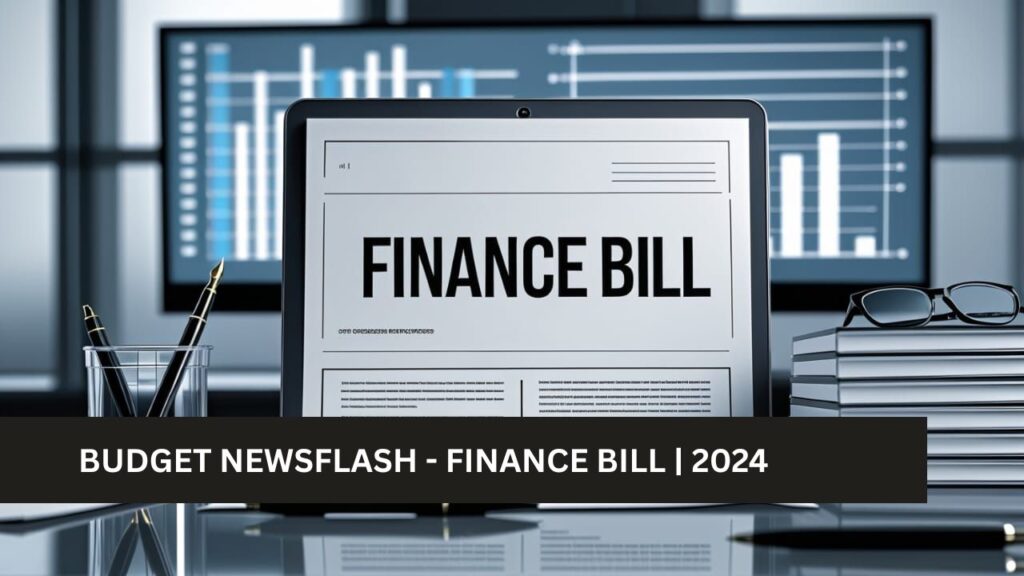Understanding the 2024 Finance Bill: Key Highlights and Tax Implications
The Finance Bill, 2024, presented by Finance Minister Nirmala Sitharaman as part of the Interim Budget, introduces selective yet impactful changes aimed at easing taxpayer concerns and aligning with previous policy commitments. While it refrains from making sweeping tax reforms, the bill brings critical updates that affect both direct and indirect tax landscapes in India.
A major highlight is the one-time waiver of disputed direct tax demands—a move expected to benefit nearly one crore taxpayers by addressing long-standing issues of erroneous tax claims in the system. Additionally, changes to the Tax Collected at Source (TCS) rates under the Liberalised Remittance Scheme (LRS) have been clarified, offering relief for educational and medical remittances. The bill also extends key compliance deadlines for start-ups, IFSC units, and specified funds, facilitating smoother operational transitions.
On the GST front, no rate changes have been proposed, but significant compliance-related reforms include mandatory adoption of the Input Service Distributor (ISD) mechanism and penalty provisions for unregistered manufacturing machinery, particularly targeting tobacco and pan-masala industries.






